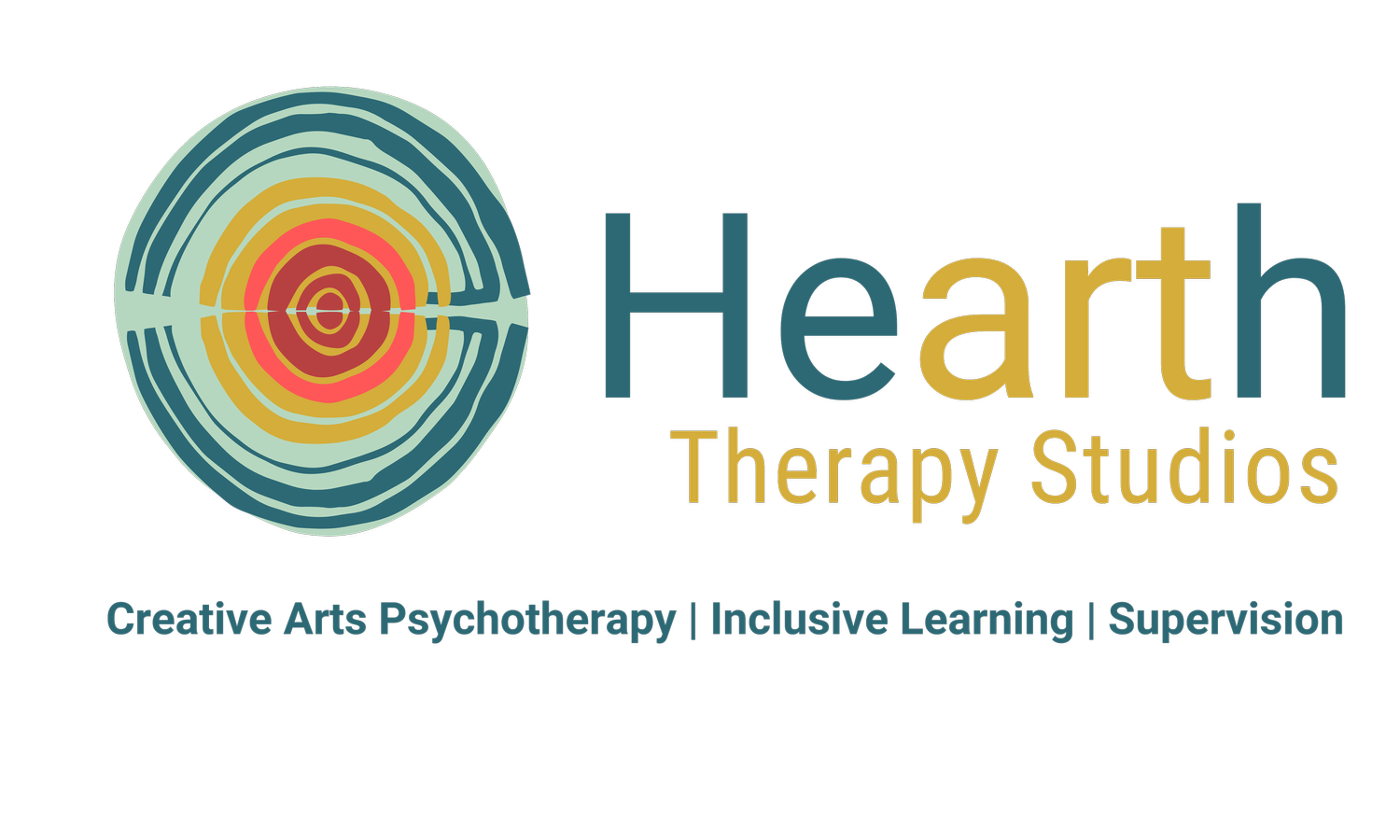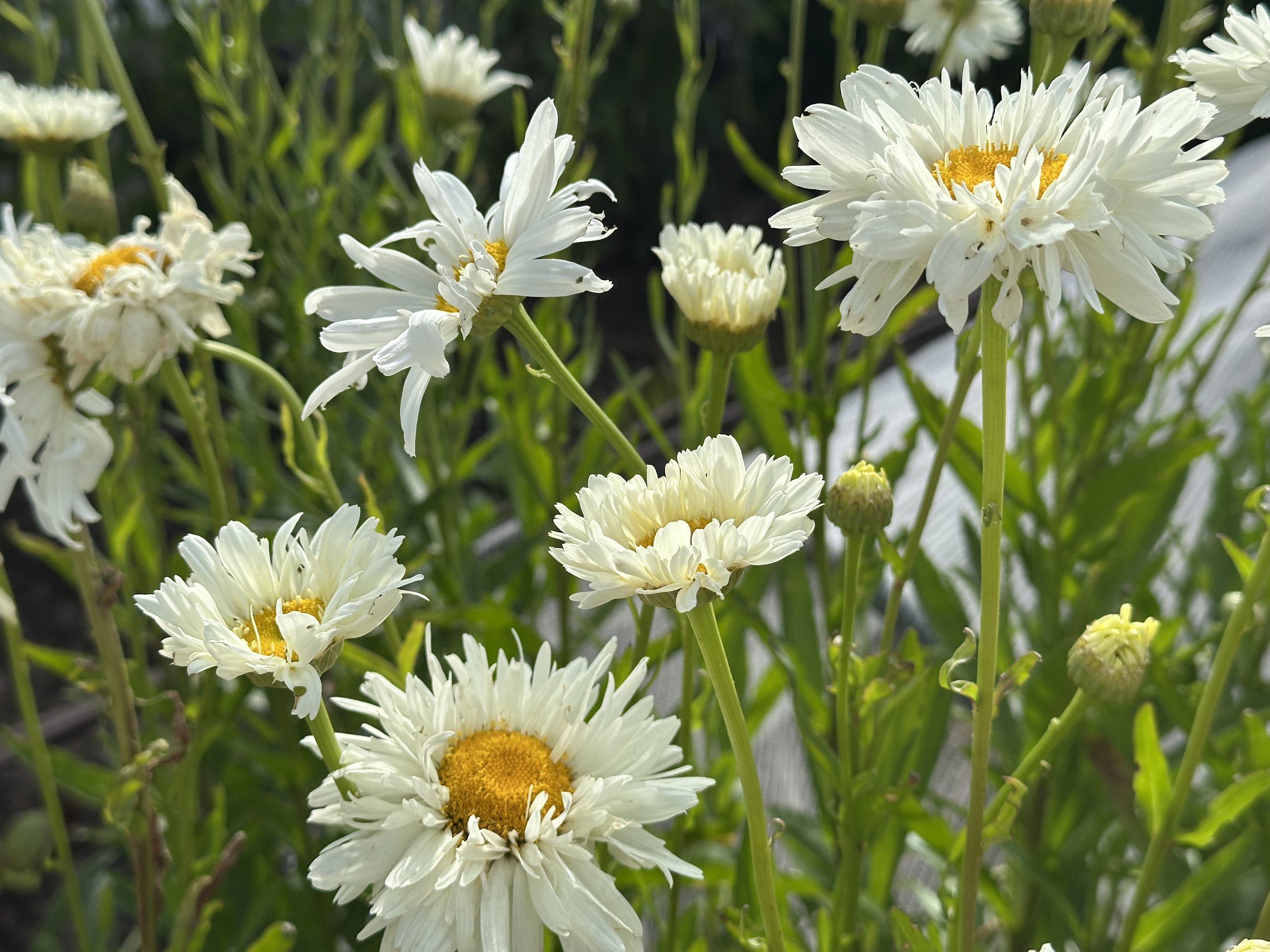Creative Clinical Supervision & Reflective Practice
Supervision with Sam
Sam is an experienced clinical supervisor who integrates creative and reflective methods into supervision. With a strong foundation in trauma-informed, neurodivergent-affirming practice, Sam supports clinicians in developing their skills, maintaining well-being, and navigating the complexities of therapeutic work.
Whether you aim to deepen your practice, explore creative approaches, or find a space to reflect and recharge, supervision at HEARTH Therapy Studios offers a supportive and enriching experience.
Creative and Reflective Approaches
Supervision with Sam moves beyond conventional talking-based sessions. Incorporating art-making, movement, writing, or symbolic representation can unlock new insights and support deeper, embodied understanding. This creative approach helps:
Explore client dynamics, including transference and countertransference, from a fresh perspective.
Process sensory and emotional responses through imaginative engagement.
Balance analytical thinking with intuition, fostering a more holistic understanding of professional practice.
Reconnect with creativity and self-expression, refreshing your approach to therapeutic challenges.
What is clinical Supervision?
Clinical supervision is a dedicated space for growth, reflection, and professional support. It is more than just a professional requirement—it’s a vital aspect of maintaining ethical, effective, and compassionate practice. Supervision provides therapists and mental health professionals with a nonjudgmental environment to explore client work, reflect on challenges, and develop skills.
At HEARTH Therapy Studios, supervision is grounded in a trauma-informed and neurodivergent-affirming approach, recognising that practitioners bring their own unique experiences and perspectives. This approach values safety, openness, and collaboration, fostering a space where curiosity and thoughtful engagement are encouraged.
Why Supervision Matters
Supervision plays a key role in maintaining high standards of practice while supporting personal well-being. It helps professionals:
Reflect on client work with fresh perspectives.
Navigate complex cases and ethical challenges with clarity.
Strengthen professional boundaries and maintain therapeutic integrity.
Cultivate resilience and confidence, preventing burnout and compassion fatigue.
Foster self-awareness and personal growth within practice.
Supervision is more than managing practice; it is about nurturing professional identity, building insight, and supporting sustainable engagement with therapeutic work.
Supervision as Self-Care
Therapeutic work can be emotionally demanding, and supervision provides an essential opportunity to pause, reflect, and replenish. It’s a dedicated time to consider professional growth, personal well-being, and the impact of working with diverse client needs.
Supervision nurtures the balance between maintaining client-focused care and sustaining your own emotional and professional health. It’s a space to think, breathe, and gain perspective, ensuring you remain attuned and present in your work.





